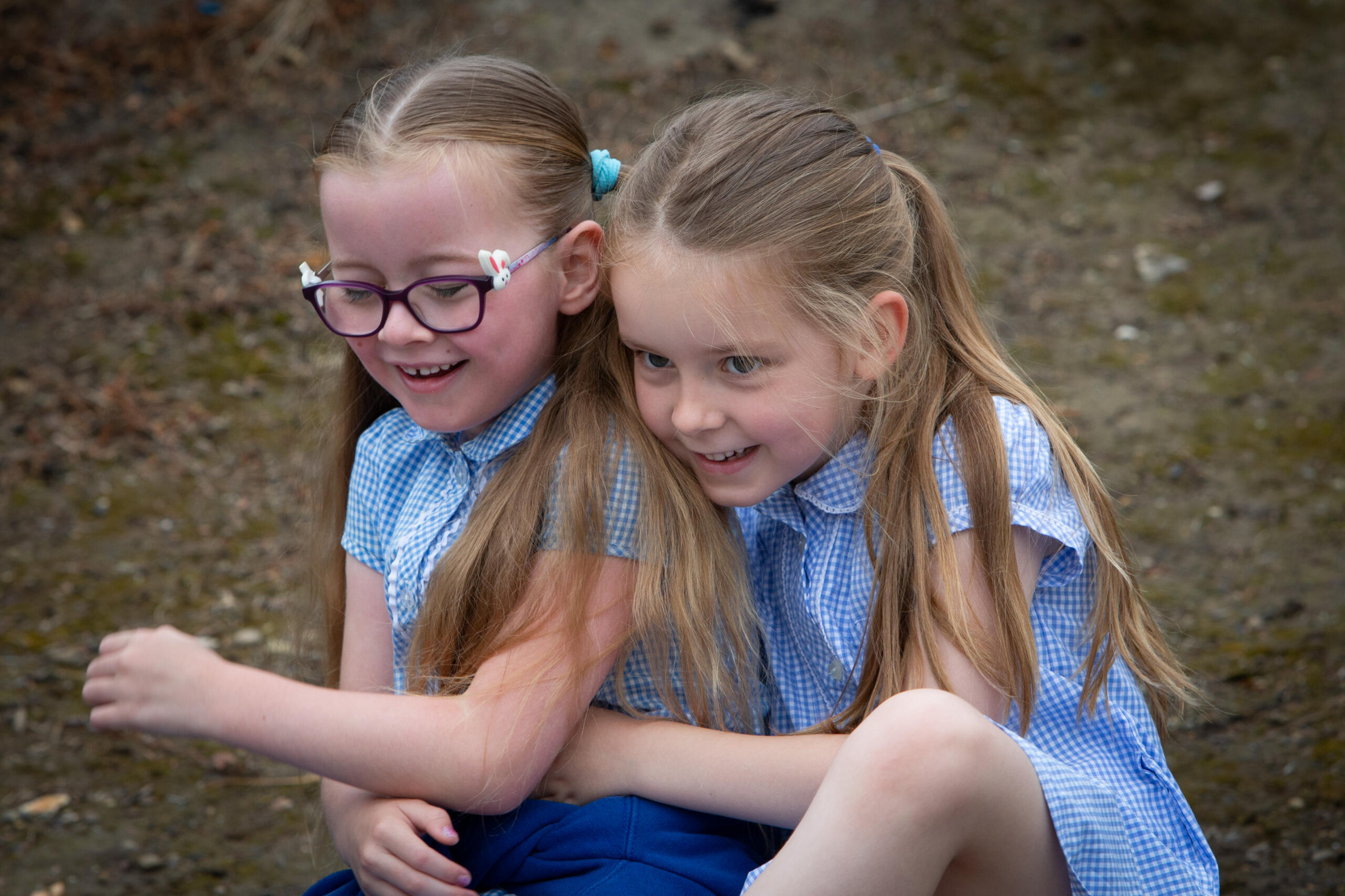At Inspire supporting the mental health and well-being of our pupils is one of our Trust priorities.
One of the impacts of the pandemic has been the increase in number of children in Primary with social and emotional issues.
Research shows that there are also more children and staff struggling with day to day mental health and well-being issues.
We are committed to improving education around mental health & well-being in all our schools within our curriculum and also ensure that there is a well-being focus in policy and practice across the Trust schools.
INCLUSION & WELL-BEING TEAM
As part of our commitment to put inclusion at the heart of our offer for our children we have developed an Inclusion Team within the Trust.
Their role is to:
Inclusion Team Members
We Are a Gold Standard School for Health and Wellbeing! We are incredibly proud to announce that our school has been awarded the Wakefield Schools Health and Wellbeing Charter Mark Gold Award. This is the highest level of accreditation available, recognising our deep and sustained commitment to the physical and emotional wellness of our entire school community—pupils, staff, and parents alike. Achieving Gold goes beyond ticking boxes; it required us to demonstrate, through rigorous external moderation and specific data, that our wellbeing initiatives are having a tangible, positive impact on daily life at our school. This award confirms that health and wellbeing are embedded in the very fabric of our ethos, creating a supportive environment where every student is motivated, engaged, and empowered to reach their full potential.


At INSPIRE we are committed to promoting positive mental health and emotional wellbeing to all students, their families and members of staff and governors. Our open culture allows students’ voices to be heard, and through the use of effective policies and procedures we ensure a safe and supportive environment for all affected – both directly and indirectly – by mental health issues.
We have developed a Trust wide policy which is a guide for all staff – including non-teaching and governors – outlining INSPIRE’s approach to promoting mental health and emotional wellbeing.
How else do we support Mental health & well-being across our Trust?
When children and young people have good levels of wellbeing, it helps them to:
When children and young people look after their mental health and develop their coping skills it can help them to boost their resilience, self-esteem and confidence. It can also help them learn to manage their emotions, feel calm, and engage positively with their education – which can, in turn, improve their academic attainment.
At our schools we believe in nurturing the WHOLE child- good mental health & self esteem go hand in hand with better academic achievement and our aim is to help ALL our children to achieve their potential.
We recognise the family plays a key role in influencing children and young people’s emotional health and wellbeing; we will work in partnership with parents and carers to promote emotional health and wellbeing by:
We have an open-door policy which means we want families to feel they can come and talk to us about anything. Our Pastoral teams across the Trust are highly trained and knowledgeable and can signpost families to the support they need.
Well-being provision across our Trust is a thread running through everything we do.
Our PSHCE and RSE curriculums have been developed to be progressive and cover aspects of mental health & well-being across different strands. Mental health & well-being is not only taught and discussed in these lessons though as we see it as a fundamental part of the skills and knowledge we teach our children.
Assemblies are carefully planned to ensure mental health is something we talk about all the time- constantly building on children’s skills, giving them tools to help them manage their own feelings and emotional health.
We have also developed representation and diversity across our curriculum areas to further develop mental health & wellbeing.
Most of our schools have well-being check ins daily with all their pupils, and there has been heavy investment in providing all schools with books to support the teaching of areas of well-being.
Our designated school lead for mental health & well-being is: Mrs K Gawthorp
To support leaders and staff in schools we have introduced a designated Mental Health & Wellbeing lead in all of our schools.
PURPOSE OF THE ROLE
WHAT IS MENTAL HEALTH & WELL-BEING?
We all have mental health. Your mental health affects how you feel, think and act. It refers to your emotional, psychological and social wellbeing. Your mental health can change on a daily basis and over time, and can be affected by a range of factors.
It’s important to look after your mental health, as you would look after your physical health. Your state of wellbeing affects how you cope with stress, relate to others and make choices. It also plays a part in your relationships with your family, community, colleagues and friends.
